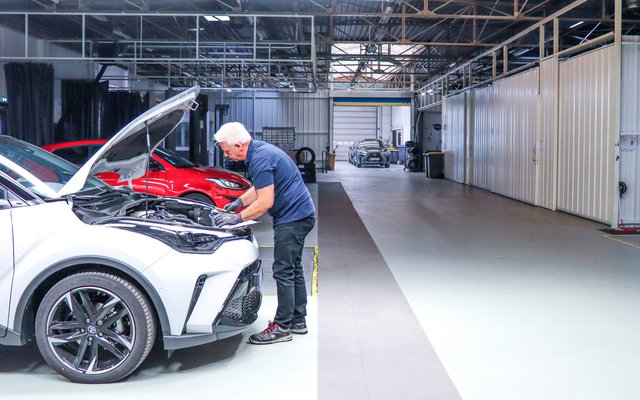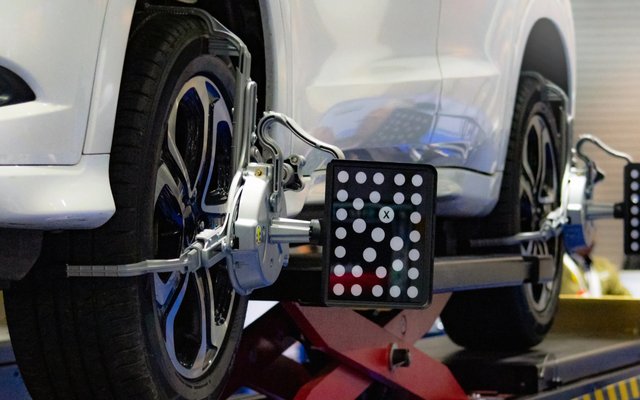
Your reliable partner for global automotive regulations
UTAC is your trusted guide through the complex world of international automotive regulations. With our expertise, we ensure your vehicles comply with all technical, quality, and environmental standards, making global market access seamless and efficient.

What we offer
Extensive Regulatory Expertise

We specialize in national, European, and international regulations, offering reliable guidance for all vehicle categories and engine types
Worldwide Market Access

We enable you to seize global opportunities by ensuring compliance with various national standards, preventing costly non-compliance risks.
Ahead of the Curve

By engaging in international regulatory forums, we stay on top of upcoming changes, keeping you prepared and giving you a competitive edge.
Personalized Assistance with RACE Online

Our RACE Online platform delivers real-time tracking and analysis of regulatory updates, offering customized support designed around your unique requirements.
Flexible Service Levels

Choose from three tiers of regulatory monitoring, from simple database access to in-depth comparative analyses, so you receive exactly the level of support that fits your needs.
Faster Time to Market

Gain early access to consolidated regulatory updates before official release, helping you streamline type approval and launch your products more quickly.
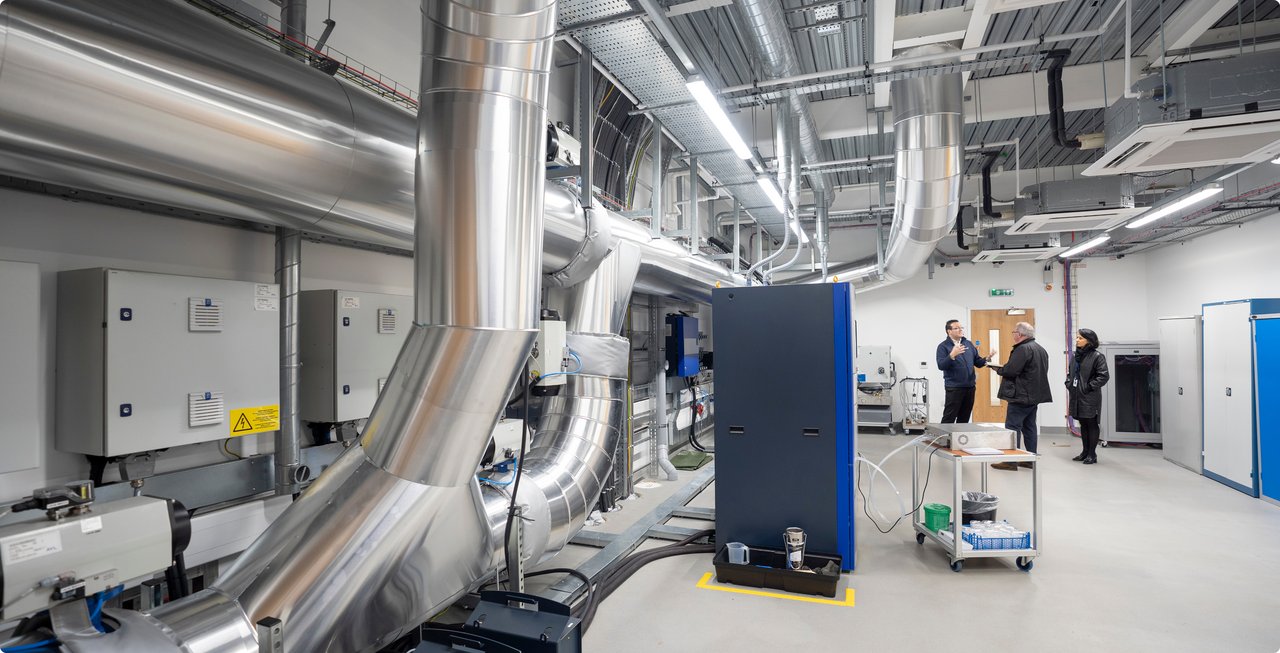
Market surveillance
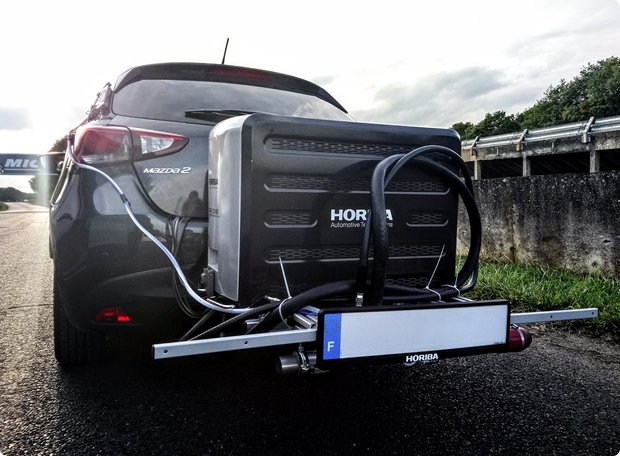
Regulatory Context
European legislation, especially Regulation (EU) 2018/858, mandates market surveillance to verify that vehicles and automotive components meet required safety and environmental standards.
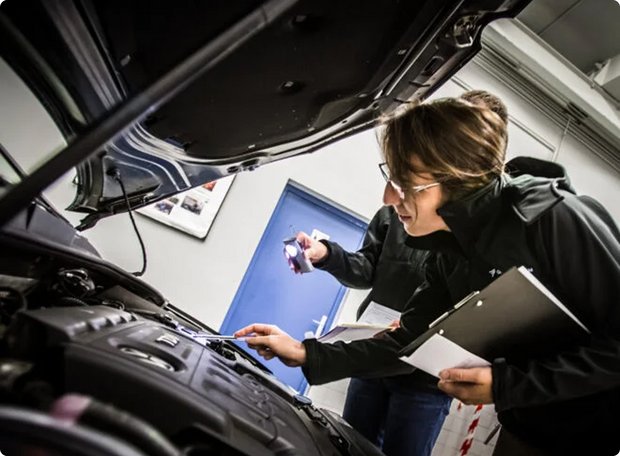
UTAC’s Role
As an accredited technical service and ISO 17025 certified laboratory, UTAC supports market surveillance authorities by conducting tests on vehicles and components. With testing facilities in France, the UK, and Finland, and experience since 2020, we are fully equipped to perform tests across all regulations for vehicle categories M, N, L, and O.
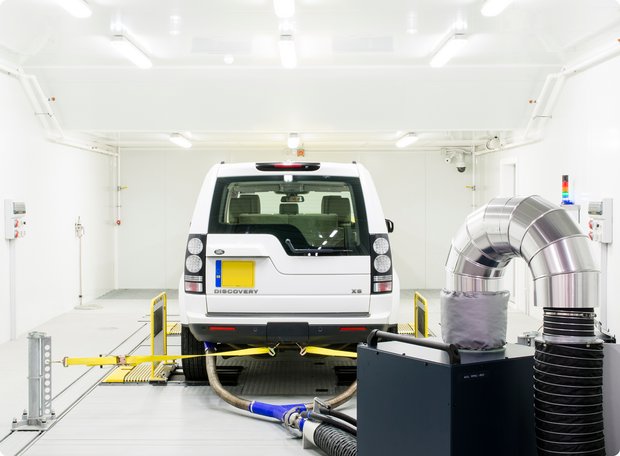
Testing Areas
Environment: Emissions, energy consumption, noise, and electromagnetic compatibility.
Active Safety: Braking systems, steering, and advanced driver assistance systems (ADAS).
Passive and Electrical Safety: Crash testing and battery safety.
Equipment: Tires, lighting photometry, and seat belts.

Standardisation
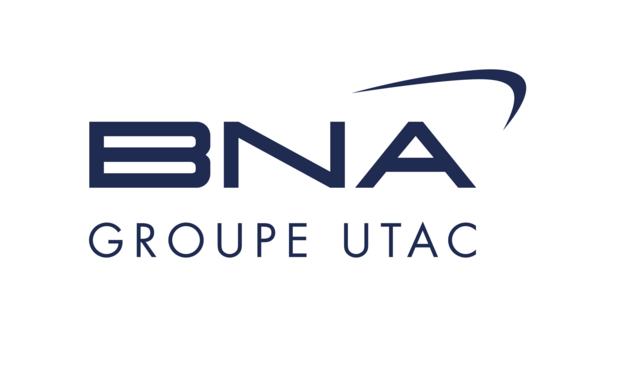
Automotive Standardisation Office (BNA)
The Automotive Standardisation Office (BNA) supports all French economic stakeholders wishing to actively contribute to the development of tomorrow's voluntary standards for road vehicles, bicycles, and emergency vehicles. These standards are primarily developed at the international level within ISO and CEN bodies. The BNA operates under the accreditation of the Ministry of Industry and by delegation from AFNOR.
Missions
Within its field, BNA is responsible for:
- Identifying standardisation needs expressed by economic stakeholders
- Establishing the annual standardisation programme in each area
- Managing the Standardisation Committees, in particular to:
- Develop French positions on draft European (CEN) and international (ISO) standards
- Appoint French experts to CEN and ISO
- Draft standards
- Managing and training experts.
Within the framework of the AFNOR delegation defined in the agreement signed on 26 June 2010:
- Representing the French Member Committee (AFNOR) in the following areas:
- The ISO/TC 22 ‘Road Vehicles’ and ISO/TC 149 ‘Cycles’ technical committees and their subcommittees.
- The CEN/TC 239 ‘Emergency Vehicles’, CEN/TC 301 ‘Road Vehicles’ and CEN/TC 333 ‘Cycles’ technical committees.
- Ensuring the management of standards (French and international) and the associated standardisation structures, including certain CEN and ISO Technical Committee (TC), Subcommittee (SC) and Working Group (WG) secretariats.
